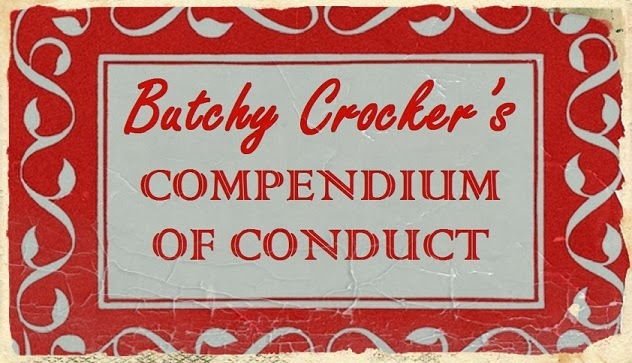“I’ve proven that people aren’t trees, so it’s false when they speak of roots.”
Tom Robbins, Even Cowgirls Get the Blues
As much as I'd like to believe that quote, I just can't. My life is grossly different then it was when I was growing up - so much so that I sometimes feel schizophrenic - but that fact remains that where I come from will always be a part of me. I have struggled over the years sorting out my complicated feelings about a region that in many ways represents both the best and worst of humanity.
After visiting one of my old friends who is a teacher in Leslie County yesterday, I started thinking about my roots in terms of poverty and educational attainment. This morning, I looked at data about the counties in which I have lived in Kentucky. I was born in Leslie County and lived there until I was 17 and then spent a year or two in Floyd County. I lived in Rowan County for 6 years while I was earning a Bachelor’s and then a Master’s degree at Morehead State University. I’ve spent the past decade in Fayette County.
Below is a table of some of the data I reviewed:
Leslie County
|
Floyd County
|
Rowan County
|
Fayette County
| |
Total Population (2010)
|
11,310
|
39,451
|
23,333
|
295,803
|
% white (2010)
|
98.8%
|
98.2%
|
96.1%
|
75.7%
|
% high school graduates (2010)
|
56.8%
|
68.9%
|
76.5%
|
88.3%
|
% Bachelor’s degree or higher (2010)
|
8.1%
|
11.7%
|
24.7%
|
39.1%
|
% lacking basic literacy skills (2003)
|
18%
|
15%
|
13%
|
7%
|
Median household income
(2010)
|
$26,857
|
$27,907
|
$31,604
|
$47,469
|
% below poverty level (2010)
|
24.6%
|
28.1%
|
29.8%
|
17.4%
|
# of institutions offering a bachelor’s degree within 100 miles
|
19
|
12
|
22
|
38
|
As you can see, each move I have made has taken me to a less white, more educated, and more literate community.
According to the most recent census data, only 56.8% of people over the age of 25 in my home county (Leslie) graduated high school, and only 8.1% have a Bachelor’s degree or higher. Nearly 1 in 5 Leslie Countians lack basic literacy skills. But what does this really say about where I came from? I decided to look at historical data on attainment of Bachelor’s degrees to get a fuller understanding. That data is presented in the table below:
Unfortunately, the historical data isn’t any better.
But are things really that bad in my home county? Not necessarily.
As you can see in the table above, Leslie County has seen a pretty dramatic increase in the percentage of its population over the age of 25 with a Bachelor’s degree since 1960, an increase that has far outpaced other areas in Kentucky, the state as a whole, and even the nation. Today, there are about 9 times as many people in Leslie County with a Bachelor’s degree than there was 50 years ago.
Now that's something to be proud of.
If you'd like to read a more comprehensive analysis of Appalachian poverty, you can read the paper I'm posting separately that I wrote over a decade ago while I was working on my MA in Sociology. It's a long academic paper, so feel free to give it a shot if you're having trouble sleeping.

